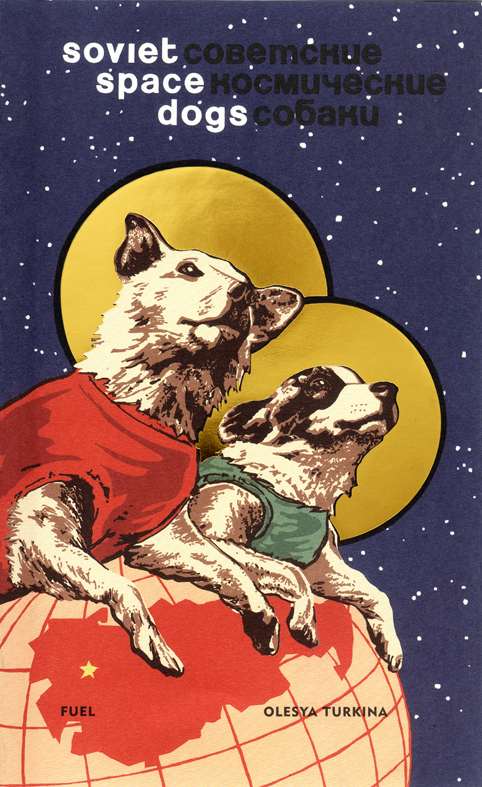Day 29 was when we dove into Keynesianism and neoliberalism. Based on this lectures outline were supposed to also go over liberal market economies (LMEs), coordinated market economies (CMEs), and globalization, but as usual, we ran out of time. So let’s get into it.
There are two camps of thought about when, why, and how the state ought to attempt to guide the economy: Keynesianism and neoliberalism. Keynesianism is named after the guy who revolutionized economics; it is based on the idea that governments’ managing the business cycles via active fiscal and monetary policy, including deficit spending when necessary, as in they should do more to manage economic crises. Fiscal policy is management of the government budget, reviving demand and stimulating the economy during the depression. Deficit spending is spending more than it collected in revenue to stimulate demand; recesses have a lack of demand (no money) so deficit spending is necessary. Keynesianism recognizes market failure and the importance of government; market failure led to the creation of numerous regulatory agencies protecting consumers, environment, and workers’ safety; it “regulated capitalism.” Deregulating capitalism led issues in the 20th century and the 2008-09 financial crisis. I have to ask once again, how the hell is Argentina going to survive its new government? If Milei sticks to his word, or as closely as he can (since we already know capitalism cannot exist without the state), will Argentina not plummet and suffer the same issues as before when capitalism in deregulated? I’ll have to ask my professor if he knows… anyway, I guess before Keynes there was a thing called “night-watchman state” where the state only watches the market at night. I’m not going to lie, that is a really cool term. Keynesian policies came under sustained questioning due to “stagflation.” This gave an opportunity for neoliberalism to rear its ugly head (my words).
Fiscal policy is the enemy of economic development, according to neoliberalism. Neoliberalism, unlike Keynesianism, believes that government intervention is ineffective and does more harm than good. Market failure is rare and government spending harms the ability to invest (boo hoo). Big market and small government, baby, thats what neoliberalism preaches! Reduce reduce reduce: the size of government; the amount of money in circulation to mitigate inflation; and deficit spending to avoid low growth. “Conventional wisdom” in economic theory until the recession of 2008-09. This ideology was very dominant in the 80s under Thatcher and Reagan; Thatcher herself argued that there is no alternative, that there is no society outside of neoliberalism (so that was a fucking lie). After the financial crisis of 2008-09, in 2010 there was a return to greater fiscal austerity. Hilarious. A student asked if neoliberalism proved itself to suck since it screwed us over twice now (with regards to the financial crisis and COVID 19 bailouts), my professor seemed a little frazzled from this question (most likely due to how it was said) and made reference to Latin America and Africa, why? Maybe it was about development or how it ravaged both but can’t remember and my notes don’t give context either. Yes, boo me, I know, shame shame.
Apparently Shock Therapy used on the former socialist countries (Eastern Europe) was advised by neoliberal policies! And also Pinochet was a neoliberal, I guess, or at the very least he agreed with a lot of what neoliberalism was about. This made me realize I don’t know a lot about Pinochet except that he was a very brutal dictator. Sue me, my Canadian education didn’t touch on a lot of shit. trust me, I wish I knew more about the world…
Moving on. Keynesianism and neoliberalism as constantly at odds, its just a lot of finger pointing (directly from my notes: I say let them fight). Financial failures have renewed debate about government regulation, especially of the financial sector. Okay so lets go over both once more (also because its in the notes):
Architect: John Maynard Keynes (Keynesianism); Milton Friedman/Friedrich Hayek (neoliberalism)
Role of governments: governments should actively manage business cycles (Keynesianism); governments should play diminished role in economy, open trade economies to global trade (neoliberalism)
Key instruments: fiscal policy, including deficit spending, regulation, looser monetary policy (Keynesianism); monetary policy, deregulation, privatization (neoliberalism)
Criticisms: deficit spending reduces private investment and growth and causes inflation, regulation limits business investment (Keynesianism); neoliberal restrictions on government spending slow growth during recession, deregulation creates boom and bust, increases inequality (neoliberalism)
That’s where this lecture ended. So in (my own) conclusion, both Keynesianism and neoliberalism suck. Neither solved the other’s problems and both made life much much worse. While Keynesianism seems to be the “lesser of two evils” it still failed badly, so what then? Well, we know the answer to that but it seems western leaders and even the general population do not want to admit it. Well, at least when it comes to the citizens they may not even know there is another, much better option. What a time and place to be alive…
Keynesian policies came under sustained questioning due to “stagflation.”
Indeed. I recommend David Harvey’s A Brief History of Neoliberalism if you are interested in the topic.
Another piece to add to my reading list. Thank you for the recommendation! Maybe during the winter break I’ll be able to read a few of what everyone has suggested to me.


